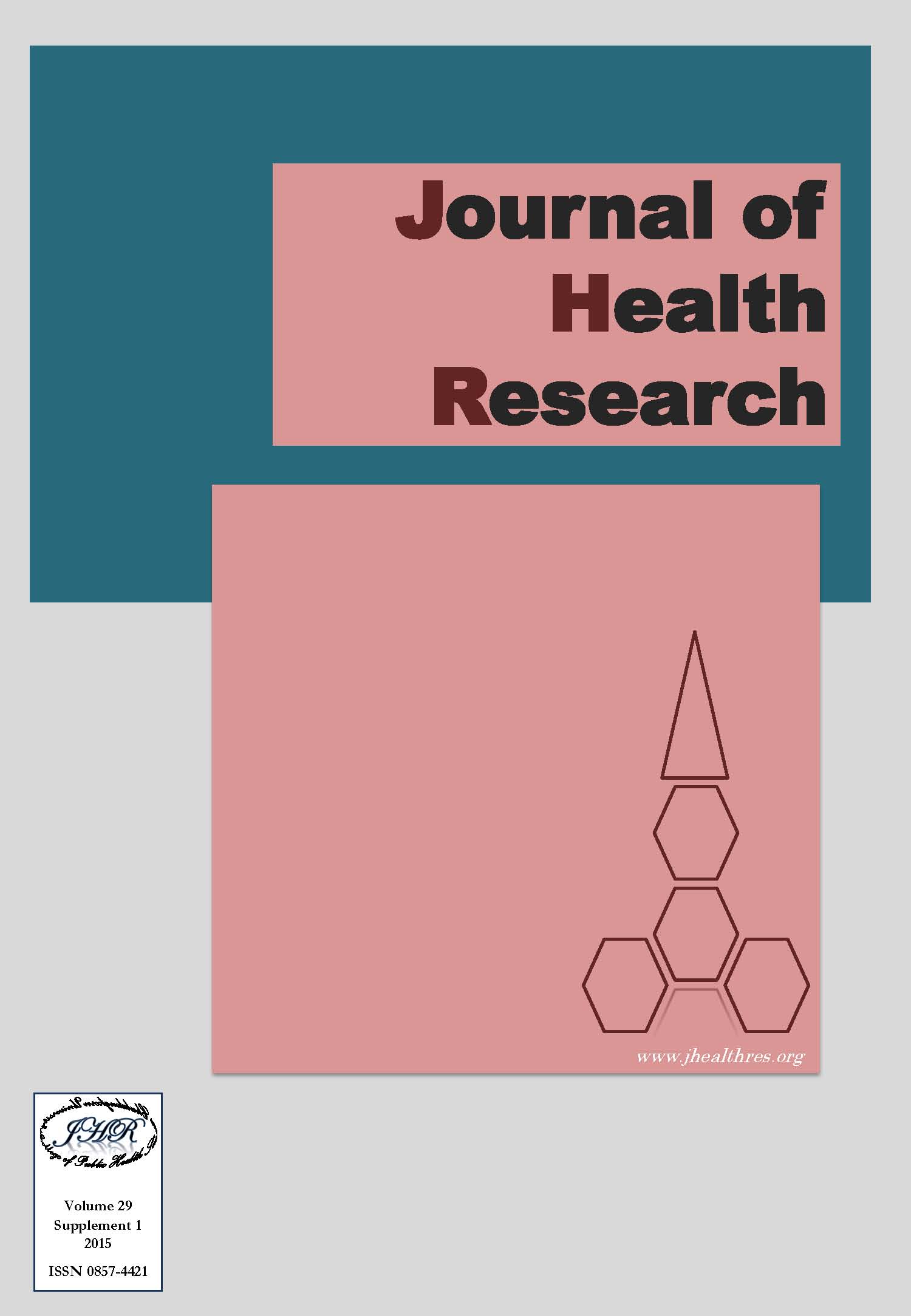Predictors of Resilience in Children after Expose to Flooding in Indonesia
Keywords:
Resilience in school children, Flooding, IndonesiaAbstract
Background: Flooding is one of many natural disasters that influence children’s development. The declining of academic performance is recognized as a sign of potential risk of developmental disorders of children. Consequently, some supports are required by children to enhance their ability to face difficulties. This study aimed to investigate the relationship between contextual factors (family support, peer support, community support, school support and culture) and resilience in elementary school-aged children exposed to flooding in Indonesia.
Methods: A cross-sectional design was employed. The final participants were 162 children ages 9–12 years old from grade 3rd to 6th and were exposed to flooding in Undar Andir Village, Serang District, Indonesia in 2013. The instruments were self-administered questionnaires. The Connor-Davidson Resilience Scale- 10, Multidimensional Scale of Perceived Social Support, The After-School Environment Scale and The Cultural Competence Self-Assessment Tool were utilized in this study based upon the validity and reliability test. Mean, standard deviation, Pearson correlation and multiple regression were employed for data analysis.
Results: The study showed that there were significant correlated between family support (r = .388, p < .01), peer support (r = .445, p< .01), community support (r = .350, p< .01) and culture (r = .255, p < .01) and resilience of children who exposed to flooding. In contrast, school support was not significantly correlated with resilience. Final statistical analysis with multiple regression showed that in contextual factors, family support (Beta= .291, p<.01), peer support (Beta= .260, p< .01), and culture (Beta= .239, p< .01) were recognized as predictors of resilience of children exposed to flooding.
Conclusion: Family support, peer support, community support and culture were significantly predicting the level of resilience in elementary school-aged children who were exposed to floods. Therefore, establishing a nursing intervention program based on local cultural approach is required. The program can be formed to build up the relationships between children and family as well as their friends.







